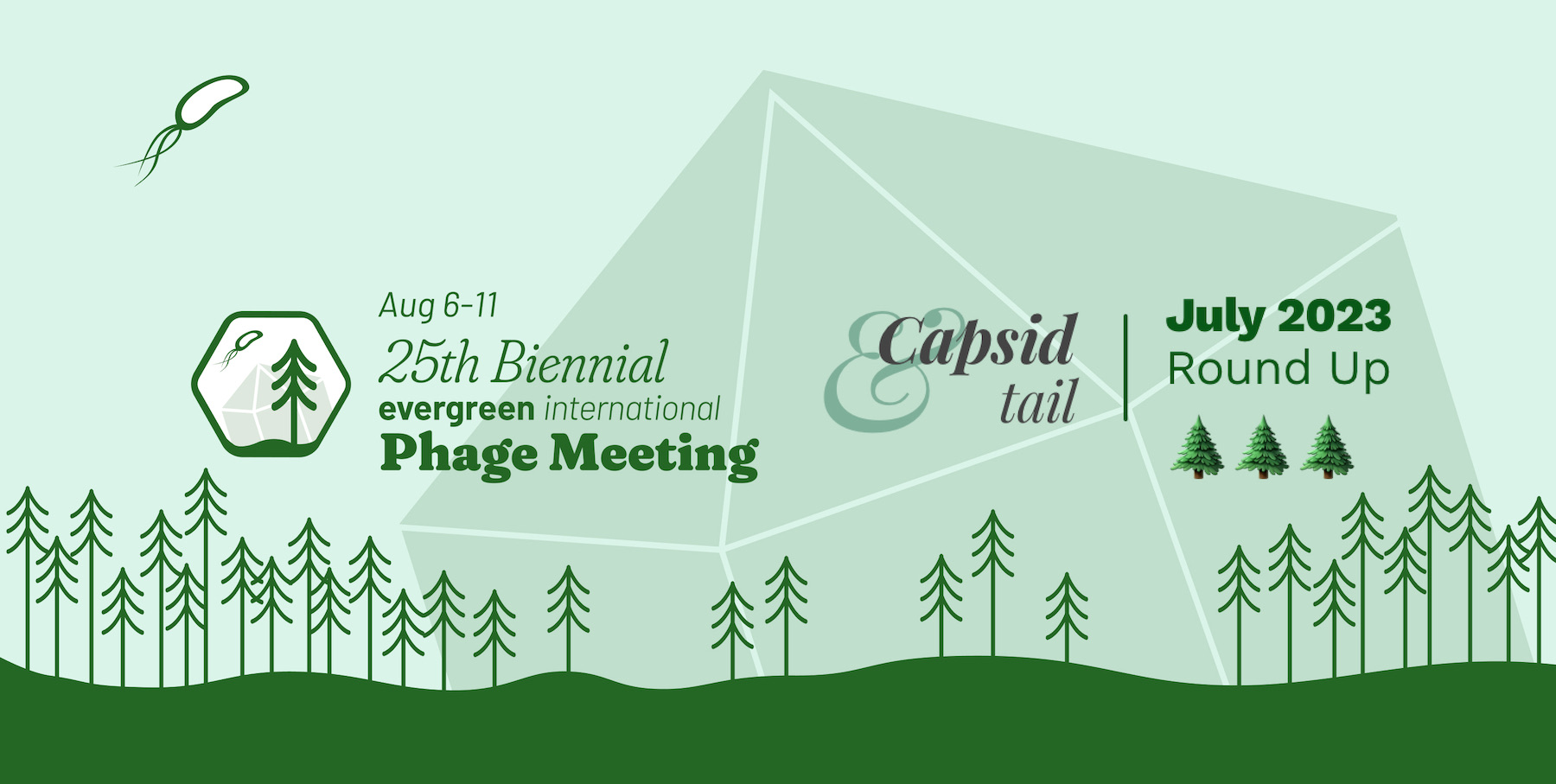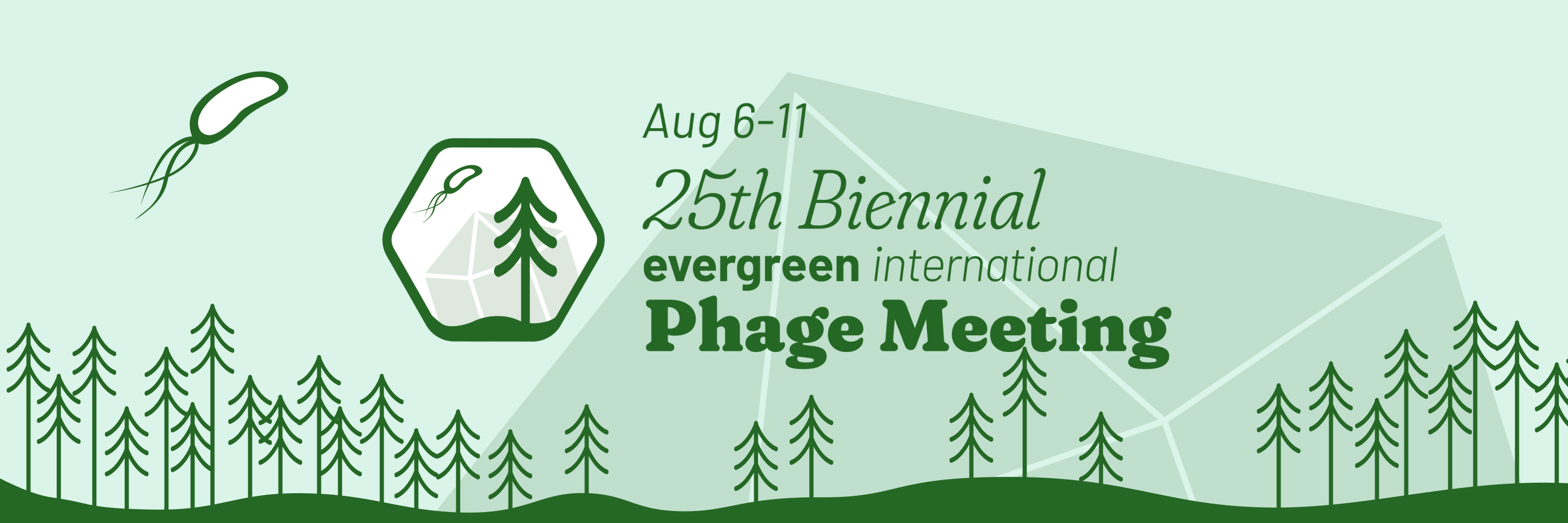Alright everyone, just about a week away from Evergreen! We’ve spent a lot of our time volunteering to get things ready, from helping the science committee organize the schedule, to setting up the abstract platform and abstract book for printing. We’re almost there!
For August, we’re slowing down our pace of Capsid & Tail so we can focus on helping out with Evergreen and making sure everything goes right.
We’re also calling out to all PhD students, postdocs, and professors to write about your phage-related research in Capsid! It’s a great way to share with the phage community what you’re doing, and get you collaborators, postdoc positions (or even postdocs!): here’s how to do it!
Here’s what we wrote this month:
by Jessica Sacher
In this issue, Jessica described the process of setting up Phage Australia as a personalized phage therapy service. Here, she detailed the steps involved in the end-to-end process of treating a patient, from diagnostics to formulation to quality control. Jessica emphasized the challenges of running a phage therapy service and the importance of understanding patient needs, and hopes that sharing her experience will help others building a phage therapy center or any service that relies on biological manufacturing and/or multidisciplinary teams that span the lab and the clinic.
by Jan Zheng
In this issue, I discussed the need for an easy way to look up information about phages, including what we know about a specific phage, where it came from, and what’s been done with it. I also discussed the need for a biobank data platform for coordinating and sharing phages, and presenting phage data much like a Material Safety Data Sheet. This platform would help us establish provenance for phages, track their history, and assist in making phages auditable, shareable, and collaborative. This is also my topic for Evergreen — if you’re interested in this topic, come to my poster and demo session!
by Amanda Burkardt
In this article, Amanda Burkardt, CEO of PHIOGEN, discusses the urgent need to find next-generation antibacterial solutions to overcome the colossal hurdle of antimicrobial resistance (AMR) which is projected to cause more than 10 million deaths by 2050. She introduces PHIOGEN, a biotech startup that has developed a business model that is economically scalable, investable, and bridges regulatory pathways. She explains the company’s technology platform that produces therapeutics which address the scientific and biologic challenges bacterial pathogens use to undermine traditional medicines. By leveraging the learnings of the Emergency Investigational New Drug (EIND) cases treated by TAILOR Labs, PHIOGEN has built a world-first technology platform that mobilizes the natural power of bacteriophages to tackle the myriad of problems bacteria use to undermine medicine, including resistance. Amanda explains the PHIOGEN technology platform, which allows products to be de-risked, reducing the need for unnecessary trials and improving clinical outcomes.
C&T Throwback!
This year at Evergreen we’ll have a whole bunch of bioinformatics workshops. We’ll have the Galaxy workshop back by popular demand, so here’s a recap written by Jessica about what it is, and what it can do: Using Galaxy for phage genome annotation.







